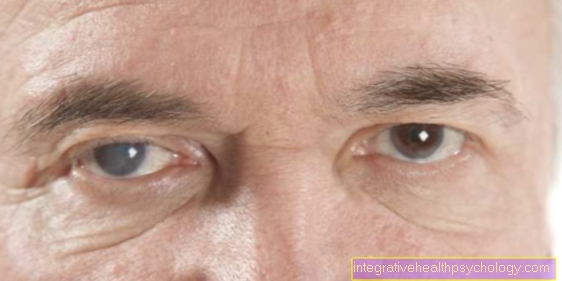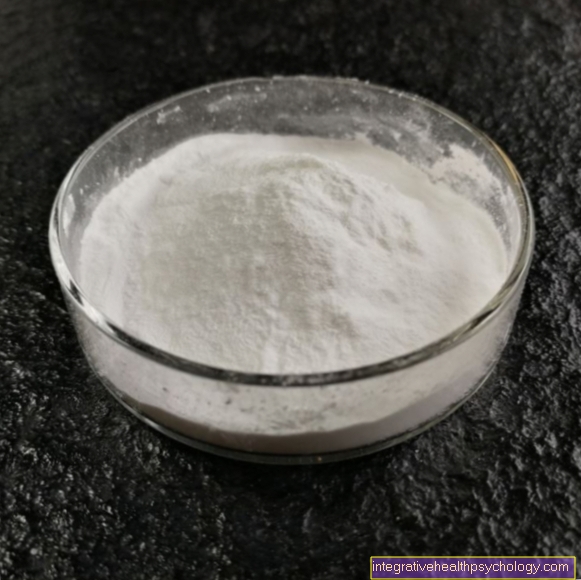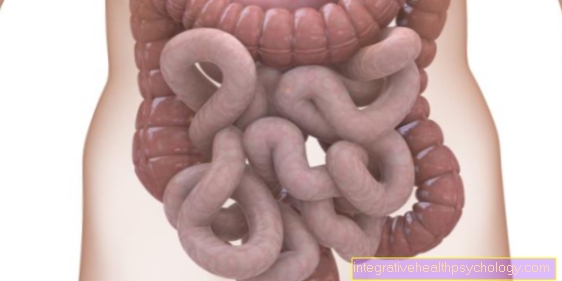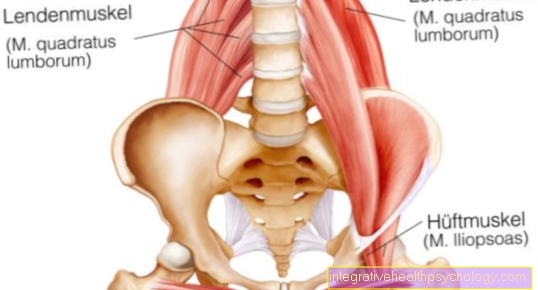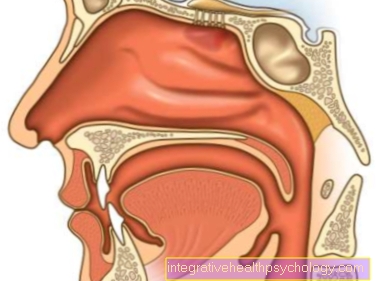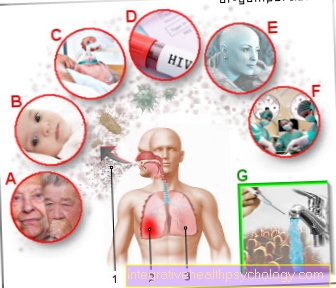Mouth breathing
What is mouth breathing?
Mouth breathing is the form of breathing in which you mainly inhale and exhale through your mouth. Breathing through the mouth is considered less healthy compared to breathing through the nose. The air flows through the mouth into the oral cavity and passes through the throat into the windpipe and lungs.

What is the difference to nasal breathing?
In contrast to nasal breathing, mouth breathing does not have the advantages of breathing through the nose. The air is less humidified and conditioned when it enters the lungs via the mouth.
In addition, the oral cavity lacks the filter function that the nose has. This means that pathogens are not combated here. In contrast to this, in cold, dry air in winter when breathing through the mouth, germs have suitable conditions to settle and spread in the oral cavity and throat. Breathing through the mouth therefore favors colds more than breathing through the nose.
In contrast to nasal breathing, mouth breathing also does not have a positive effect on blood circulation. It has no known effect on blood vessels.
Mouth breathing is used in the following cases
Often, the causes of nasal obstruction lead to mouth breathing. These include changes in the structures of the nose, such as
- a curvature of the nasal septum,
- an enlargement of the turbinates,
- Nasal polyps or
- other defects in the nasal framework.
Chronic sinus inflammation can also cause nasal obstruction and, as a result, mouth breathing.
In addition, there are certain drugs, such as antihypertensive drugs and nasal sprays, which can cause long-term damage to the nasal mucous membranes.
In children, foreign objects in the nose can switch to mouth breathing.
Another possible but rare cause of obstructed nasal breathing and resulting breathing through the mouth are tumors in the nasopharynx.
You might also be interested in the following article: Sinus infection - all important information at a glance and the treatment of a sinus infection.
Benefits of mouth breathing
A major advantage of mouth breathing is the uninterrupted breathing volume. The mouth can be opened much wider than the nose. As a result, the amount of air to be inhaled can be regulated through the mouth opening.
Athletes often automatically switch from nasal breathing to mouth breathing. Enormous sporting activity requires an increased amount of oxygen, which can be made available for a short time by breathing through the mouth.
Disadvantages of mouth breathing
When breathing through the mouth, the disadvantages clearly outweigh the disadvantages. Breathing through the mouth is unhealthy and causes unpleasant side effects. It can too
- nocturnal dry mouth,
- Bad breath and
- Inflammation occurs.
Often times, sleeping with your mouth open leads to snoring.
Breathing through the mouth can promote tooth decay and cause inflammatory, painful changes in the mucous membrane in the oral cavity. As the saliva dries out, the composition of the germs in the oropharynx, the oral flora, changes. Breathing through the mouth can increase the amount of putrefactive bacteria associated with bad breath.
In addition, mouth breathing is associated with altered blood gas values and cell hypoxia. This means that the oxygen is lowered and the blood flow is reduced.
How can you get rid of mouth breathing?
First of all, it is important to determine the cause of mouth breathing.
If you only breathe through your mouth because your nose is temporarily blocked, nasal spray, a nasal douche, or a nasal patch can help.
Since the nasal spray can cause addiction symptoms under certain circumstances, caution is advised when using it. Find out more about it at Dependency on nasal spray - these are the causes and consequences.
In the case of nasal breathing difficulties due to anatomical disorders, such as a curvature of the nasal septum or enlargement of the turbinates, surgery can eliminate the problem.
If you breathe through your mouth without anatomical disorders or a cold, and breathing through your mouth causes problems, you can counteract this. One remedy for sleep is an anti-snoring mouthpiece. Such an oral vestibule can be held in your mouth while you sleep; it is similar to a boxer's mouthguard. This plate keeps your mouth closed and causes you to breathe through your nose.
Breathing exercises are also suitable to stop breathing through the mouth. Breathing exercises lead to an awareness of your own breathing and facilitate the control and execution of inhaling and exhaling.
What can be the long-term consequences of mouth breathing?
In the long term, mouth breathing can lead to snoring and sleep apnea syndrome.
The risk of inflammation in the oropharynx increases and can affect the teeth.
The mouth and teeth dry out. It can lead to a deterioration in dental hygiene and changes in the tooth structure.
Fifty percent of people who breathe primarily through their mouths experience bad breath.
Problems with the temporomandibular joints can also occur. Teeth grinding, jaw pain and other complications of the teeth can cause problems for those affected.
Difficulty speaking and swallowing can occur very late due to excessive mouth breathing.
When do babies start mouth breathing?
In newborns and infants, nasal breathing is obligatory. This means that babies naturally inhale and exhale through their nose. Difficulties can arise if nasal breathing is obstructed by any cause. With nasal obstruction, only about 40% of newborns can switch to mouth breathing.
All infants are only able to breathe through their mouth from the age of five months. This is particularly relevant if the babies have a cold and cannot breathe easily.


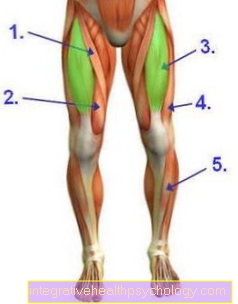









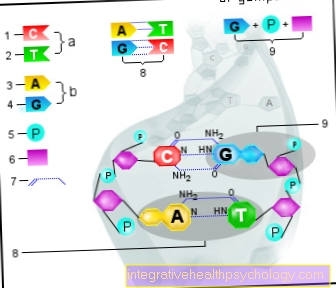


.jpg)


